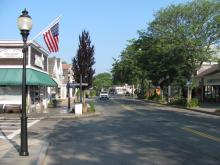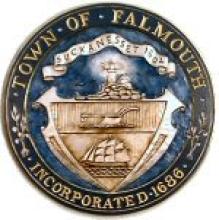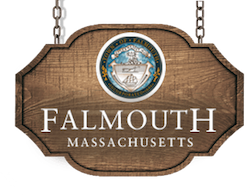Massachusetts’ Gap Networks Program Awards Verizon $37 million; One Muni Network Gets $750K
State broadband officials in Massachusetts have announced over $45 million in grant awards from the state’s Broadband Infrastructure Gap Networks Program with the lion’s share going to Verizon to “expand high-speed broadband [I]nternet infrastructure to underserved homes, business, and community anchor institutions across the state.”
State broadband officials say the $45.4 million in grant awards will be coupled with $40 million in matching funds from the awardees to expand broadband access to approximately 2,000 locations in 41 Massachusetts communities.
In 2022, as we previously reported here, Massachusetts was allocated a total of $145 million in federal Rescue Plan dollars to fund the Bay State program. With the state’s first round of funding from the Gap Networks Program awarding $45 million to four applicants, about $100 million is left in the pot for future funding rounds. Massachusetts has yet to receive its $147 million share of federal BEAD funds from the bipartisan infrastructure law, the spending rules for which are much more stringent than the more flexible CPF funding rules.








 The community is looking for a firm that will:
The community is looking for a firm that will:
 David Talbot from CTC Technology and Energy was on hand to discuss what sorts of issues a feasibility study would address. A study would help the community determine what assets they have that can facilitate a community network, identify where the existing infrastructure’s gaps are, create a basic network design, and offer a strategy and cost estimates.
David Talbot from CTC Technology and Energy was on hand to discuss what sorts of issues a feasibility study would address. A study would help the community determine what assets they have that can facilitate a community network, identify where the existing infrastructure’s gaps are, create a basic network design, and offer a strategy and cost estimates.